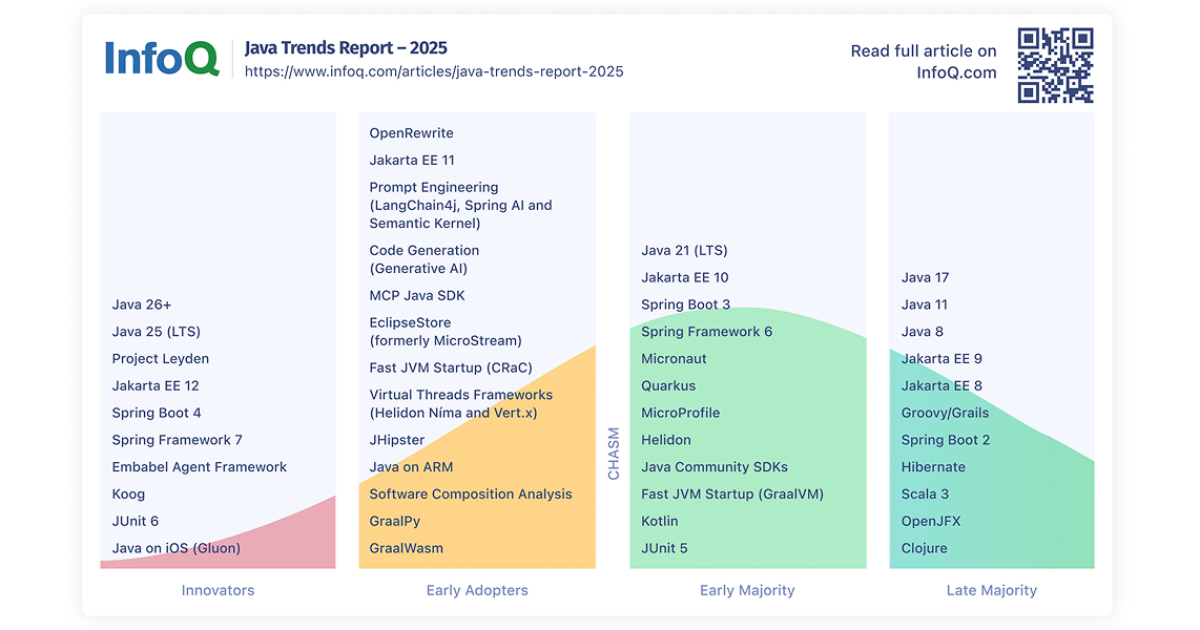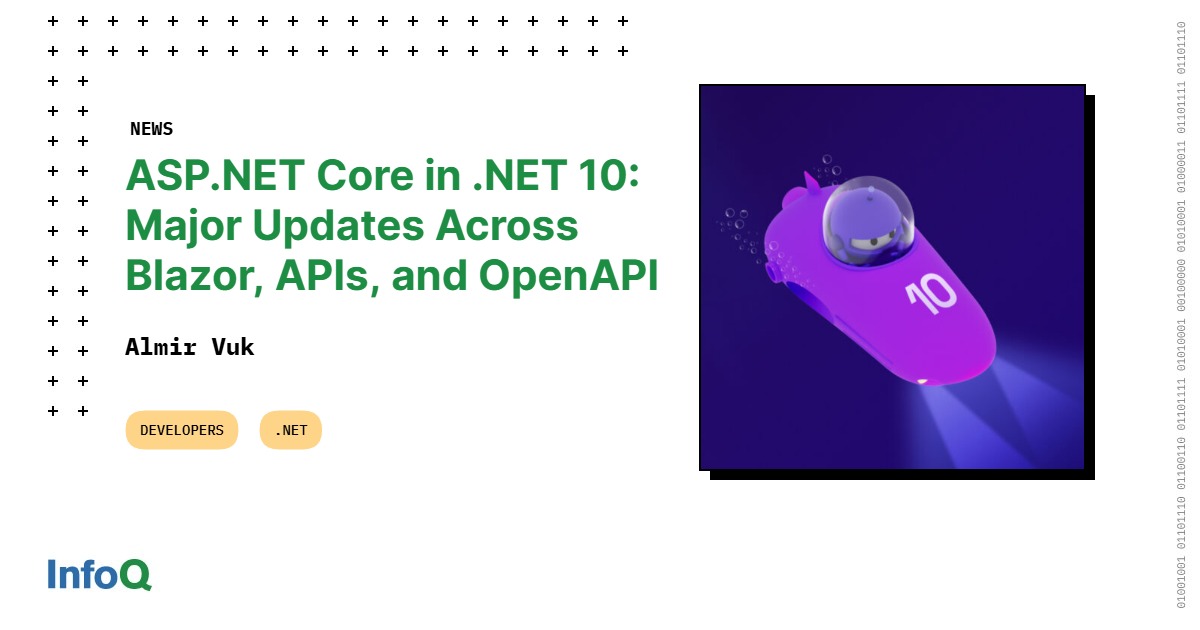Codetown
Codetown ::: a software developer's community
Facebook connect JS
Tags:
Replies to This Discussion
-
Permalink Reply by Michael Levin on May 19, 2009 at 11:10am
-
Here's the URL for the FaceBook Connect main site: http://developers.facebook.com/connect.php
"Facebook Connect is the next evolution of Facebook Platform - enabling you to integrate the power of Facebook Platform into your own site. Enable your users to...
* Seamlessly "connect" their Facebook account and information with your site
* Connect and find their friends who also use your site
* Share information and actions on your site with their friends on Facebook"
-
Permalink Reply by Tim Stevesi on June 18, 2009 at 1:35pm
-
Thanks Michael. I had a chance to try it out and it was pretty neat. I now can have users change their status and add line items to their facebook page from my site. It wasn't too bad to code either.
Notes
Welcome to Codetown!
 Codetown is a social network. It's got blogs, forums, groups, personal pages and more! You might think of Codetown as a funky camper van with lots of compartments for your stuff and a great multimedia system, too! Best of all, Codetown has room for all of your friends.
Codetown is a social network. It's got blogs, forums, groups, personal pages and more! You might think of Codetown as a funky camper van with lots of compartments for your stuff and a great multimedia system, too! Best of all, Codetown has room for all of your friends.
Created by Michael Levin Dec 18, 2008 at 6:56pm. Last updated by Michael Levin May 4, 2018.
Looking for Jobs or Staff?
Check out the Codetown Jobs group.
InfoQ Reading List
New Front-End Framework Ripple Blends React and Svelte Together

Ripple is a new open-source front-end framework taking ideas from React, SolidJS, and Svelte into a TypeScript-first, component-oriented, JSX-like compiled language with fine-grained reactivity and scoped CSS. Ripple offers a reactivity system with automatic dependency tracking, and direct DOM updates without a virtual DOM. Ripple aims to support better debugging through AI agents.
By Bruno CouriolLearnings from Cultivating Machine Learning Engineers as a Team Manager

As an AI team manager, Vivek Gupta stays broadly informed to guide AI experts effectively and drive the team. Engineers need feedback on both technical and interpersonal skills, Gupta mentioned at Dev Summit Boston. He stresses learning time, asking for help, and cross-team collaboration. Mentorship, data handling, and human-in-the-loop validation are key to success for machine learning engineers.
By Ben LindersArticle: InfoQ Java Trends Report 2025

This report summarizes how the InfoQ Java editorial team and several Java Champions currently see the adoption of technology and emerging trends within the Java and JVM space in 2025. We focus on Java the language, as well as related languages like Kotlin and Scala, the Java Virtual Machine (JVM), and Java-based frameworks and utilities.
By Michael Redlich, Erik Costlow, Karsten Silz, Trisha Gee, Marit van Dijk, Richard Fichtner, Bert Jan SchrijverASP.NET Core in .NET 10: Major Updates Across Blazor, APIs, and OpenAPI

Microsoft has detailed the major updates to ASP.NET Core arriving as part of last month's .NET 10 release. As reported, this version delivers extensive improvements across Blazor, Minimal APIs, OpenAPI generation, authentication, and general framework performance.
By Almir VukFive AI Security Myths Debunked at InfoQ Dev Summit Munich

Katharine Jarmul challenged five common AI security and privacy myths in her InfoQ Dev Summit Munich 2025 keynote: that guardrails will protect us, better model performance improves security, risk taxonomies solve problems, one-time red teaming suffices, and the next model version will fix current issues. She said that current approaches to AI safety rely too heavily on technical solutions.
By Karsten Silz
© 2025 Created by Michael Levin.
Powered by
![]()